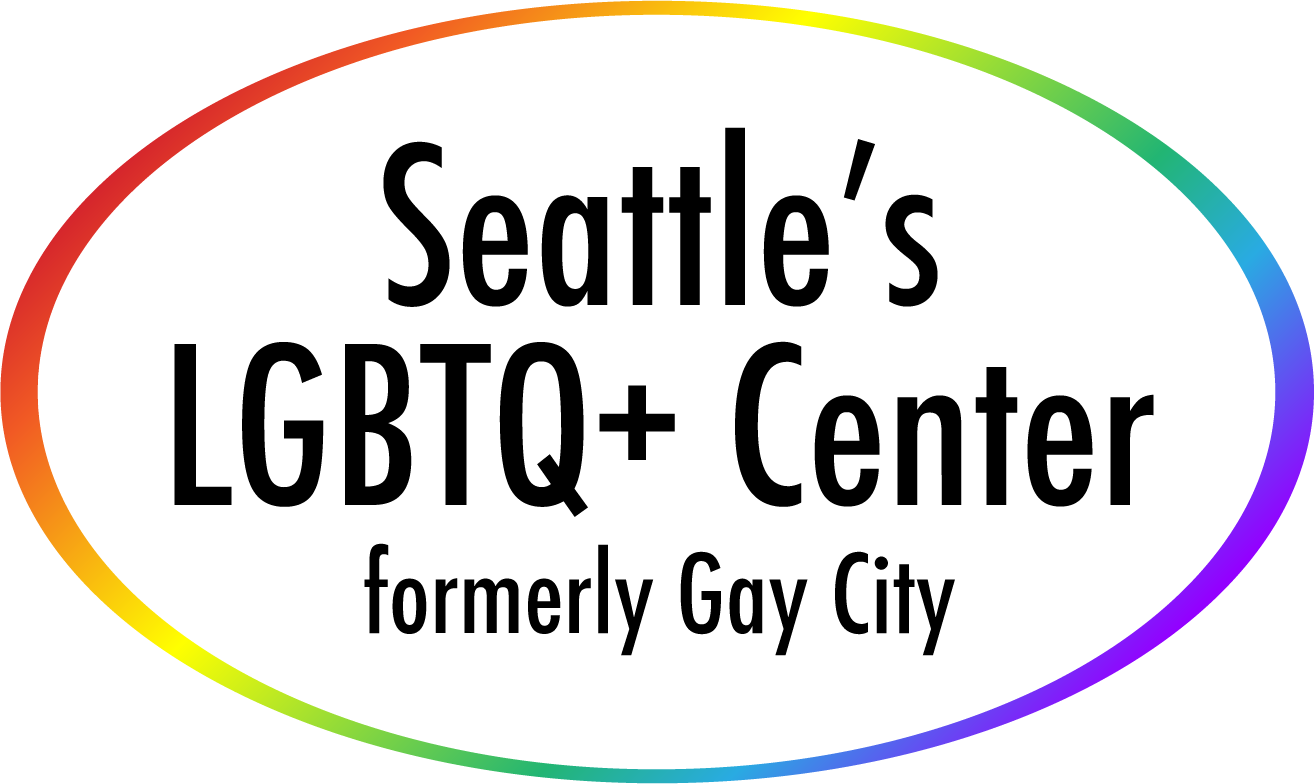-
This page is intended as a hub of resources and information for funders seeking to address the unique needs of LGBTQ communities in the COVID-19 pandemic. This includes a listing of rapid-response funds and grassroots campaigns specifically focused on the needs of LGBTQ communities, as well as emerging practices that funders are implementing to better support LGBTQ nonprofits and grassroots Read more...
-
LGBTQ people, and those community centers, health care workers, social groups, and other who work closely with LGBTQ communities may have specific questions and needs during this time. To help you navigate the constantly changing flow of information, California LGBTQ Health and Human Services Network have compiled resources for you, and will update as often as possible. Follow this website Read more...
-
Transgender people and their families may have a lot of questions about how they can properly face COVID-19 disease. It is important for trans people to be prepared for obstacles if an outbreak happens in their communities. NCTE urges everyone to put together a plan of action that not only takes into account basic health needs, but also your specific Read more...
-
Seattle Human Services Department’s Aging and Disability Services division funds year-round meals at senior centers and other venues that have been suspended due to COVID-19. However, sack lunches and food boxes are available in many areas. Home-delivered meals (e.g., Meals on Wheels) are an option for individuals age 60+ who are unable to leave their homes. Contact Community Living Connections Read more...
-
Our undocumented community is one of the most vulnerable populations during the COVID-19 pandemic in Washington State. Applications open now open, and we are estimating to distribute aid between $500 – $1,000 per individual to help where you need most. Due to demand and in an attempt to support more families we’ve decided to cap the max aid at $1,000. Read more...
-
The Fenway Instutte is monitoring the latest guidance on how to deal with COVID-19. There are some groups that are particularly vulnerable to developing serious complications: Older adults and people who have chronic medical conditions like HIV, heart disease, etc. have a gigher risk of compliications from COVID-19. This guide also particularly concerns for LGBTQIA+ people because they are more Read more...
-
Seattle area grocery stores have established special shopping hours reserved exclusively for seniors and those with compromised immune systems. Shoppers should continue to practice social distancing and Public Health-recommended hygiene practices. Follow this fact-checking website Snopes.com to track these store hours here. Read more...
-
Times of crisis, particularly when people are in close quarters, can lead to an increase in domestic abuse. Resources are available 24/7, and domestic violence programs across our state are working tirelessly to help people plan for their safety. If you need help with issues stemming from domestic abuse, you can connect via phone, web chat or Facetime. You are Read more...
-
This is a very stressful time for many people. The CDC has created a site dedicated to the increased stresses around COVID-19, which includes tobacco-free and vape-free strategies to cope and to manage these heightened stressors: CDC’s new site. It includes information geared for parents/guardians, children and families. Read more...
-
This is the newly created COVID-19 videos from WA State Dept of Health. The videos aim to increase accessibility of information and are “intended to inform the deaf, deafblind, and hard of hearing community of eight key points regarding COVID-19”. Read more...
-
LGBT people are more likely to have chronic conditions, such as cardiovascular disease, cancer, and HIV/AIDS. LGBT older adults experience higher rates of disability than heterosexual, cisgender elders. LGBT people are also more likely to smoke and vape, and to use substances. All of these conditions and risk behaviors could increase the vulnerability of LGBTQIA+ people if they are exposed Read more...
-
TLDEF has maintained a preparedness plan to inform its operations since news broke of the first COVID-19 cases arriving in New York. As of early March, TLDEF temporarily closed its office to ensure the safety and health of its staff, clients, and partners. TLDEF remains “open” albeit operating virtually in line with both city and state orders for workers to Read more...
